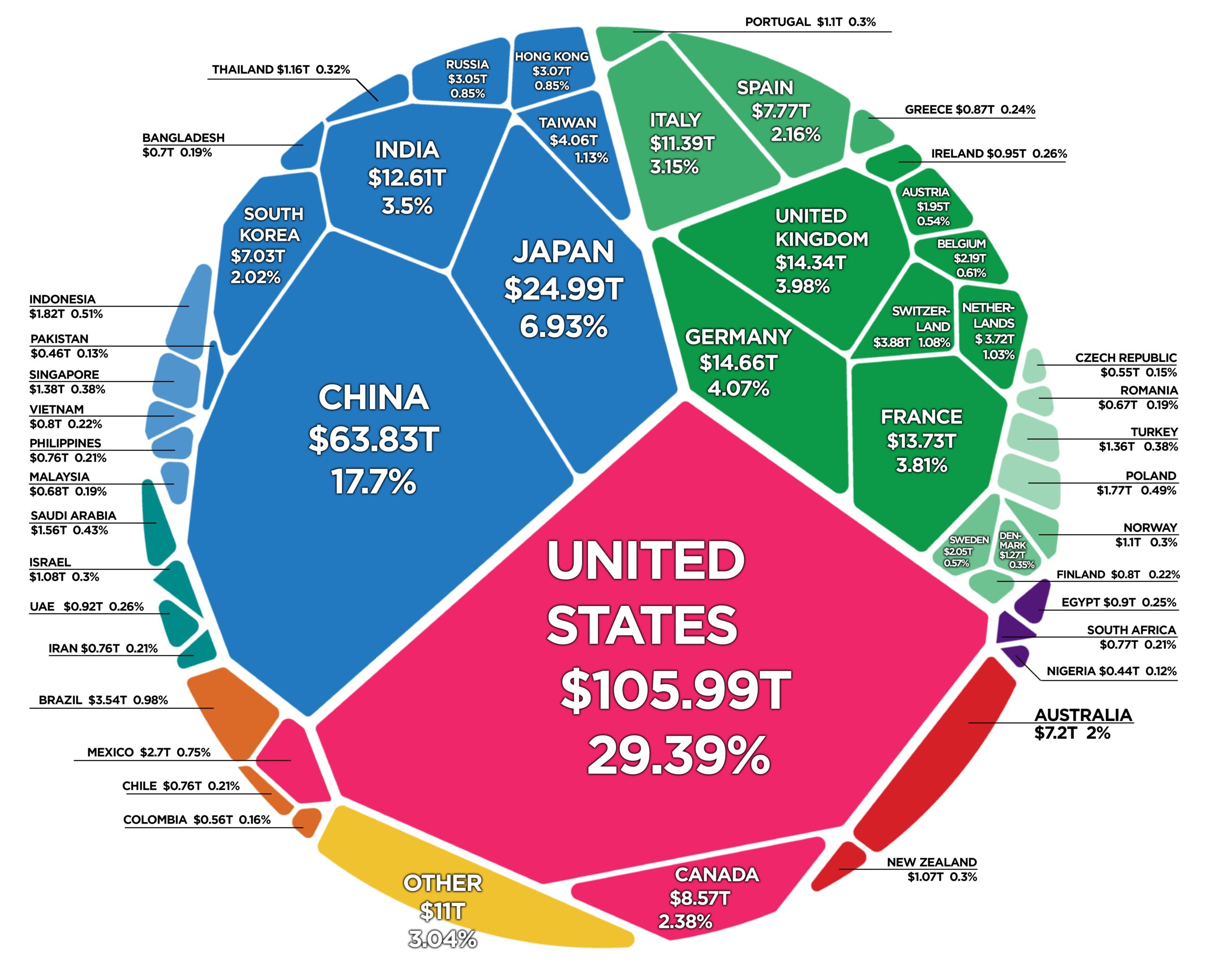Wealth, a multifaceted construct, stands as a pivotal aspect of human society. It embodies not only material possessions but also the distribution of opportunities, resources, and welfare within various communities. The Baha’i teachings encapsulate profound insights into the equitable distribution of wealth—a premise essential to global harmony and prosperity. This article serves as a guide to understanding the principles of wealth distribution through the lens of Baha’i philosophy, exploring various dimensions and implications of these teachings.
Understanding Wealth in the Baha’i Context
In Baha’i belief, wealth is regarded as a potential tool for the upliftment of humanity rather than a mere accumulation of possessions. It is essential to grasp that wealth should serve the collective good, enriching the lives of all—an inherent reflection of unity and interconnectedness. The concept of wealth is thus redefined through a moralistic lens, where its value is assessed by its contributions to societal welfare rather than temporal measures of success.
The Principle of Justice and Equity
Justice is one of the cornerstones of Baha’i teaching. The equitable distribution of wealth is inextricably linked to the principle of justice, which advocates for fairness and harmony in the allocation of resources. Baha’is are encouraged to work towards a system where wealth serves as a means to elevate the standard of living for the most disadvantaged members of society, thereby rectifying socio-economic disparities. This requires not only individual actions but also systemic reform aimed at establishing a just economic order.
Wealth as a Means, Not an End
The Baha’i perspective emphasizes that wealth should be perceived not as a goal in itself but as a means to achieve higher objectives, particularly the advancement of civilization. This principle resonates with the idea that wealth facilitates the provision of education, healthcare, and well-being, fostering environments where social, spiritual, and intellectual capacities flourish. True prosperity is found in the uplifting of society rather than the individualistic pursuit of riches.
Developing a Sense of Community
Baha’i teachings advocate for the cultivation of community consciousness. The essence of community extends beyond geographic boundaries; it embodies a commitment to international cooperation and collective responsibility. In the context of wealth distribution, this means promoting local initiatives that harness resources for communal benefits. Communities are encouraged to design solutions tailored to their unique circumstances, embedding solidarity within their economic principles.
Promoting Altruism and Generosity
The cultivation of altruistic values forms a crucial aspect of the Baha’i approach to wealth. Generosity is heralded as an ideal behavior in wealth management, motivating individuals to share their financial resources for the collective benefit. This ethos transforms wealth distribution from an act of benevolence to a fundamental societal obligation, wherein those who possess excess are prompted to assist those in need. Such a model strengthens social ties and fosters a culture of mutual assistance.
The Role of Education and Empowerment
A strategic emphasis is placed on education in facilitating equitable wealth distribution. Education serves as a great equalizer, equipping individuals with the skills needed to generate sustainable income and secure economic independence. Baha’i teachings encourage investments in educational programs that target underprivileged communities, ensuring that every individual has the opportunity to prosper. By cultivating a knowledgeable populace, societies can progressively align themselves with the principles of equitable wealth distribution.
The Spiritual Dimension of Wealth
The Baha’i Faith addresses the spiritual implications of wealth. Accumulating wealth without mindfulness can lead to materialism, which diverges from the spiritual essence of existence. Baha’is are taught that spirituality must guide the responsible use of wealth, enabling individuals to transcend material attachments. This entails recognizing the transient nature of material wealth and developing an appreciation for spiritual riches through generosity, compassion, and service to humanity.
Establishing Economic Justice through Governance
To realize the vision of equitable wealth distribution, a framework of effective governance is indispensable. Baha’i teachings advocate for participatory governance that includes the voices of all societal segments, especially marginalized groups. Such governance structures must address systemic inequalities and implement regulations that promote economic justice. Transparency and accountability in economic policies are vital to nurturing public trust and enthusiasm for collective welfare.
Global Collaboration for Economic Equity
Addressing wealth inequities is not confined to local or national dimensions; it necessitates a global perspective. The Baha’i Faith promotes the idea of global unity and collaboration to confront economic disparities that transcend borders. Organizations and nations are called to forge alliances that enable cooperative economic planning and resource-sharing initiatives targeted at alleviating poverty on an international scale. A unified approach not only strengthens the global economy but also cultivates a shared sense of responsibility among nations.
The Path Forward: A Collective Endeavor
In conclusion, the Baha’i teachings compel individuals and societies to reconceptualize wealth as a means for fostering unity and enhancing social welfare. The journey towards fair distribution of wealth requires concerted efforts that encompass justice, community involvement, altruistic values, education, and just governance. Collectively, these principles imbue a profound sense of purpose and facilitate the creation of a world where every individual can thrive. As humanity progresses along this path, it remains imperative to constantly reevaluate and reaffirm our commitment to the principles of equity and justice, ensuring that the wealth generated serves the aspirations of all.
